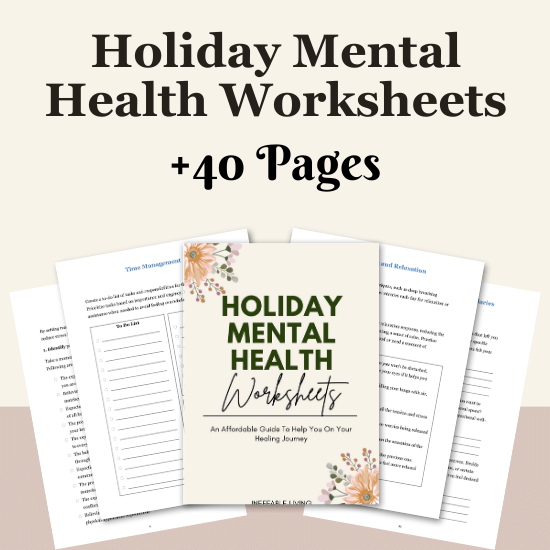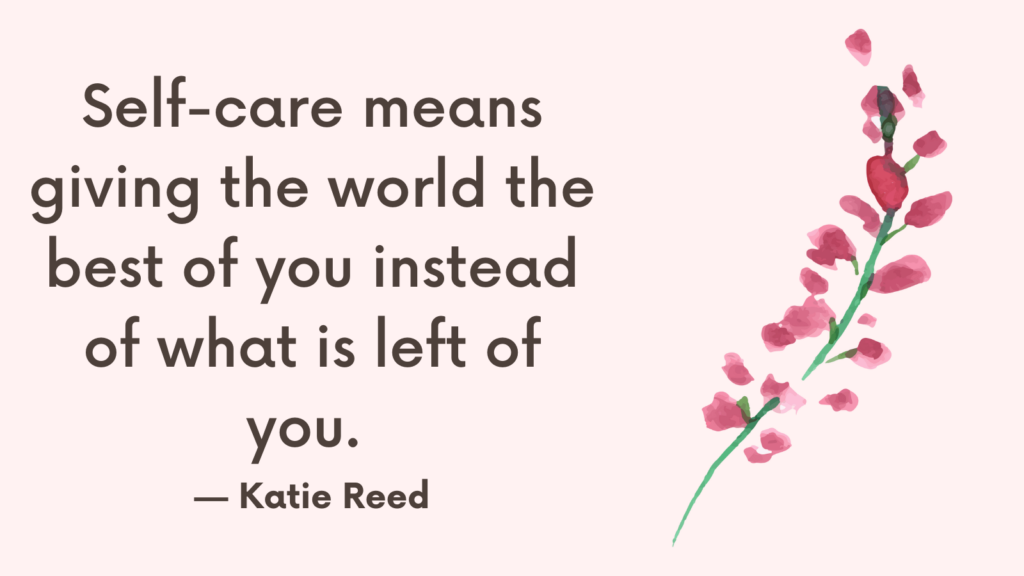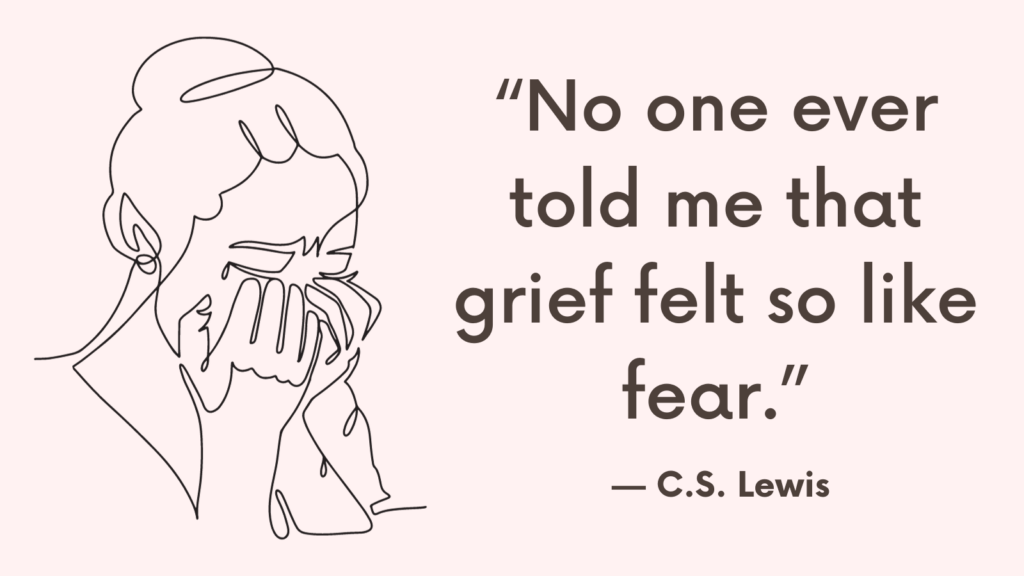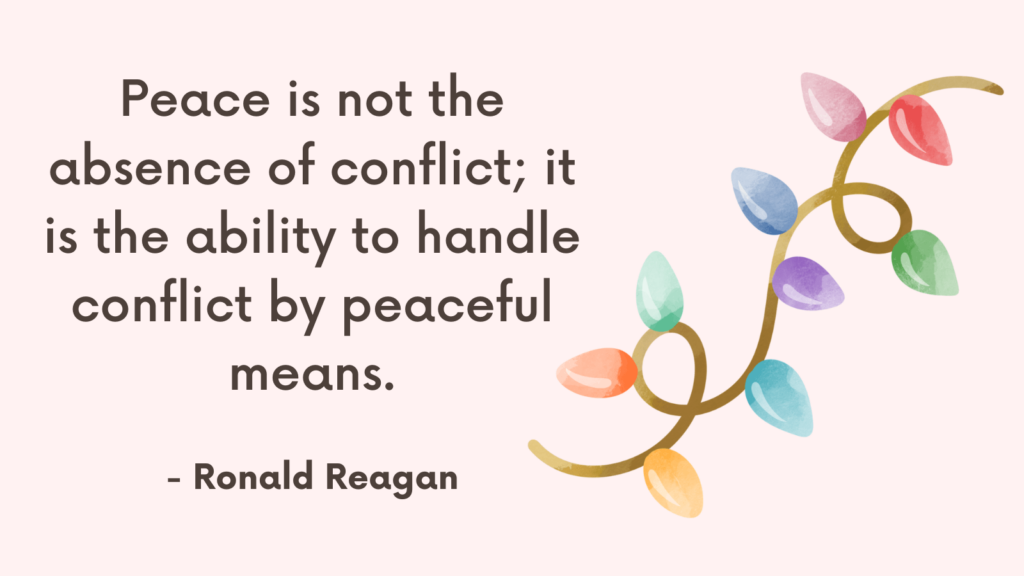After the holiday season’s rush of activities, gatherings, and indulgences, it’s common to feel drained.
Here are some ways to recharge mentally and emotionally so you can start the new year with renewed energy.
The Connection Between Burnout and Post-Holiday Blues
The holiday season is often a whirlwind — filled with gatherings, responsibilities, emotional highs, and constant motion. But once the decorations come down and routines resume, many people experience an emotional crash known as the post-holiday blues. What often goes unnoticed is that this emotional dip isn’t just about missing the festivities — it’s closely tied to burnout accumulated during the holidays themselves.
Here’s how burnout and post-holiday blues are connected — and why your exhaustion might be telling a deeper story.
1. Burnout Builds Quietly During the Holidays
The holidays demand a lot: socializing, shopping, planning, hosting, traveling, and navigating complicated relationships — often while still keeping up with work or caregiving. Even the parts that are meant to be joyful can become emotionally and physically draining. Burnout builds not just from overwork, but from overextending emotionally, suppressing stress, and constantly managing others’ expectations.
2. The Crash Happens When the Pace Suddenly Slows
During the holidays, you may be running on adrenaline — pushing through fatigue or ignoring emotional needs just to keep up. Once everything stops, your body and mind finally feel the impact. The stillness can bring a crash in mood, energy, or motivation. This sudden shift is what often gets labeled as the “post-holiday blues,” but it’s actually your nervous system recalibrating after overload.
3. Emotional Suppression Backfires
Many people suppress difficult emotions — like grief, resentment, or loneliness — during the holidays to avoid conflict or keep the peace. But suppression doesn’t make those emotions go away. They often resurface afterward, when the emotional performance is no longer needed. This delayed emotional processing can feel like sadness, emptiness, or disconnection once the holiday “high” fades.
4. There’s No Immediate Reward After the Effort
You’ve given your time, energy, and maybe money — and now, there’s no big payoff left. No party to plan. No gifts to wrap. No social events to look forward to. That emotional letdown can bring feelings of aimlessness or even mild depression. It’s the crash that follows overinvestment without sustained nourishment.
5. Lack of Rest During the Holidays Catches Up
Despite being framed as a break, the holidays rarely provide true rest. Most people come out of them more exhausted than when they went in. When you enter January without having replenished yourself, it’s no surprise your mind and body feel heavy. The post-holiday blues often reflect a backlog of unmet needs.
6. Reentry into Normal Life Feels Overwhelming
Returning to routines, work demands, or school schedules after the holidays can feel jarring — especially if burnout hasn’t been addressed. With no emotional buffer left, even small tasks can feel disproportionately difficult. That resistance isn’t laziness — it’s often a sign your system is still in recovery mode.
Related: 10 Tips on Coping with Grief During the Holiday Season
How to Recharge Mentally and Emotionally?
1. Create a Gentle Transition Back to Routine
Jumping back into work or responsibilities immediately after the holidays can increase fatigue. Easing back into routine with small, manageable steps helps you adjust and reduce overwhelm.
– How to Practice: Set realistic goals for your first few days back, prioritizing simpler tasks first. Gradually increase productivity to prevent burnout and let your body and mind acclimate.
Related: 7-Step Quick Mental Health Check-In Guide
2. Practice Restful Sleep Hygiene
Holiday events and late nights often disrupt sleep patterns, making it harder to rest well afterward. Re-establishing healthy sleep habits can boost energy levels and improve mood.
– How to Practice: Aim for consistent sleep and wake times, avoid screens an hour before bed, and create a calming bedtime routine, like reading or deep breathing, to promote quality rest.
Related: Am I Sleep Deprived Quiz (+Top Tips On How To Get Quality Sleep & Stop Bad Dreams)
3. Prioritize Nourishing Foods and Hydration
Rich holiday foods can leave us feeling sluggish. Returning to balanced, nutrient-rich meals and staying hydrated can help your body recover and boost mental clarity.
– Tip: Incorporate whole foods like fruits, vegetables, whole grains, and lean proteins. Drink water throughout the day, and consider adding herbal teas or warm lemon water to stay hydrated.
4. Set Aside Time for Quiet Reflection
Reflecting on the holiday season, including both enjoyable moments and challenges, can help you process emotions and mentally reset.
– How to Practice: Journal or meditate for a few minutes each day to reflect on the past season. Write down memories you’re grateful for and any lessons you learned, creating closure and setting the stage for a fresh start.
Related: Top +100 Journal Prompts For Mental Health [+Free PDF Printable!]
5. Engage in Gentle Movement
Exercise can restore physical and mental energy, but after the holiday season, gentle movement is often more effective than intense workouts. It helps release tension, improve mood, and restore energy without adding stress.
– Tip: Try walking, stretching, yoga, or light workouts. Aim for 15–30 minutes each day to support your body’s recovery and release endorphins, improving your overall mood and energy.
6. Take a Break from Social Media
The post-holiday period often brings social comparison and an overload of others’ highlight reels, which can increase fatigue and self-doubt. A break from social media can help you reconnect with yourself and recharge emotionally.
– How to Practice: Consider setting daily time limits on social media or taking a few “offline” days to focus on your own activities and recharge without distractions.
Related: How to Set Boundaries with Yourself?
7. Reassess Priorities for the New Year
After the excitement of the holidays, it’s easy to feel overwhelmed by expectations and resolutions. Taking time to reassess priorities and set gentle intentions can help you feel grounded and clear-headed.
– How to Practice: Reflect on what matters most to you in the new year, prioritizing meaningful goals over rigid resolutions. Choose a few small, achievable goals that align with your values and let go of any that feel pressured or forced.
8. Make Time for Self-Compassion and Rest
The holiday season often involves a lot of social interactions and commitments, leaving little time for personal rest. Prioritizing alone time to rest, reflect, or simply do nothing can help recharge you emotionally.
– How to Practice: Schedule “me time” for relaxing activities, such as reading, enjoying a bath, or watching a favorite show. Remind yourself that rest is productive and necessary for well-being.
Related: How To Be Gentle With Yourself? Top 5 Ways To Practice Self-Compassion
9. Focus on Mindfulness to Stay Present
The post-holiday rush can make us feel scattered and anxious about the future. Practicing mindfulness helps center you in the present moment, reducing stress and creating a sense of peace.
– How to Practice: Take a few moments each day to practice deep breathing, guided meditation, or simple grounding exercises. Even 5–10 minutes of mindfulness can help recharge you mentally and create calm.
10. Plan Simple Joys to Look Forward To
Having something small to look forward to can ease post-holiday letdown and add enjoyment to the everyday routine. These simple joys don’t have to be elaborate or time-consuming.
– Ideas: Plan a cozy night with a favorite book, treat yourself to a creative hobby, or arrange a coffee date with a friend. Anticipating small, joyful moments can lift your spirits and make the transition easier.
Related: +400 A To Z Gratitude List

Conclusion
By incorporating these strategies, you can ease post-holiday fatigue and restore mental and emotional balance. Remember, recovery is a process, and small steps toward well-being can help you enter the new year feeling grounded, energized, and ready for what’s ahead.



